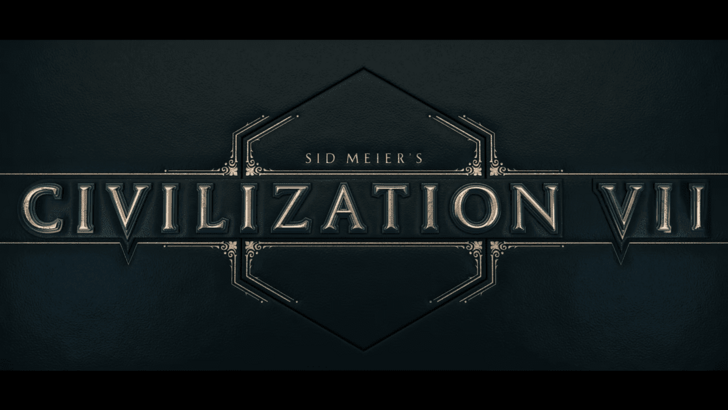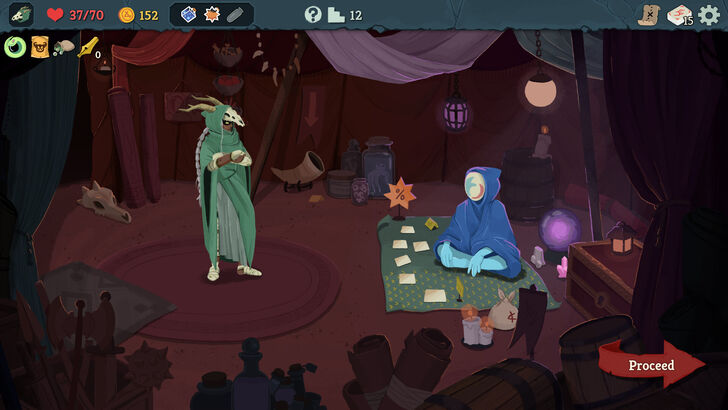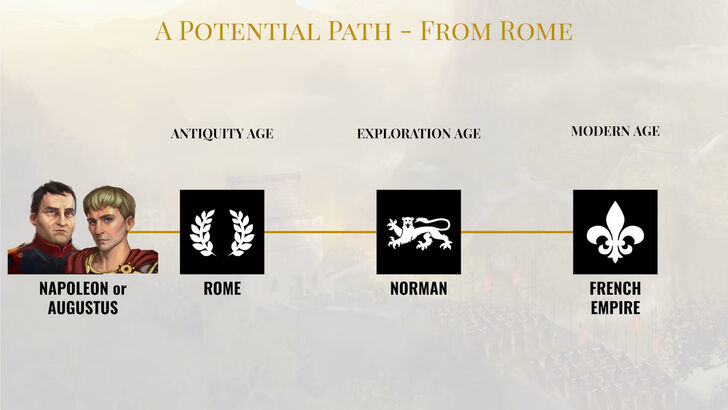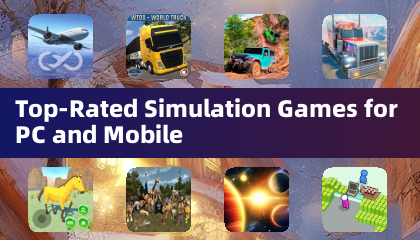Civilization VII: Top PC Game of 2025 and New Campaign Mechanics

Civilization VII has been crowned the most anticipated PC game of 2025 by PC Gamer's "Most Wanted" event. This announcement, along with details on new game mechanics designed to improve campaign completion rates, highlights the game's growing momentum ahead of its release.
PC Gamer's "Most Wanted" Event

The December 6th PC Gaming Show: Most Wanted, a nearly three-hour livestream, showcased the top 25 games of 2025, as voted on by The Council – a panel of over 70 developers, content creators, and PC Gamer editors. Civ VII secured the number one spot, beating out strong contenders such as Doom: The Dark Ages (2nd place) and Monster Hunter Wilds (3rd place). Other notable games featured included Slay the Spire 2, Metal Gear Solid Delta: Snake Eater, The Thing: Remastered, and Kingdom Come: Deliverance II.

Civilization VII launches simultaneously on PC, Xbox, PlayStation, and Nintendo Switch on February 11, 2025.
Addressing Campaign Completion with the "Ages" Mechanic
In a PC Gamer interview, Creative Director Ed Beach discussed a key new mechanic in Civ VII: the "Ages" system. This addresses Firaxis's data showing a significant number of Civ VI players never completing a full campaign.
The "Ages" system divides a campaign into three distinct eras: Antiquity, Exploration, and Modern. Players can transition to a historically or geographically linked civilization at the end of each Age, mirroring the rise and fall of real-world empires. This allows players to experience multiple civilizations within a single playthrough.

Key features of the "Ages" system include:
- Historical Connections: Transitions between civilizations are not random but based on historical or geographical links (e.g., the Roman Empire transitioning to the French Empire).
- Persistent Leaders: Your leader remains consistent across Ages, maintaining a sense of continuity.
- Overbuild Feature: Allows construction on top of existing buildings from previous Ages, while preserving Wonders and certain key structures.
This innovative approach offers a fresh perspective on managing cultural, military, diplomatic, and economic aspects while fostering player engagement and a deeper connection to their chosen leader.















